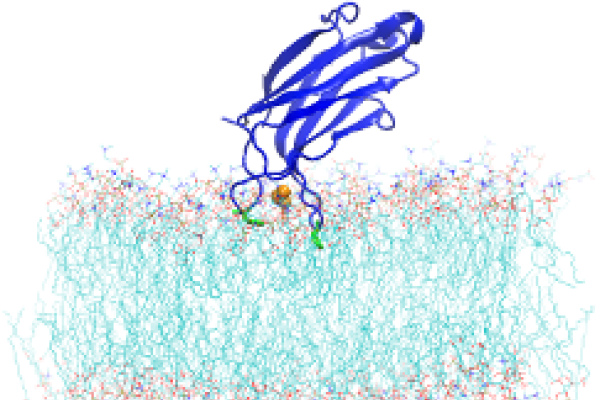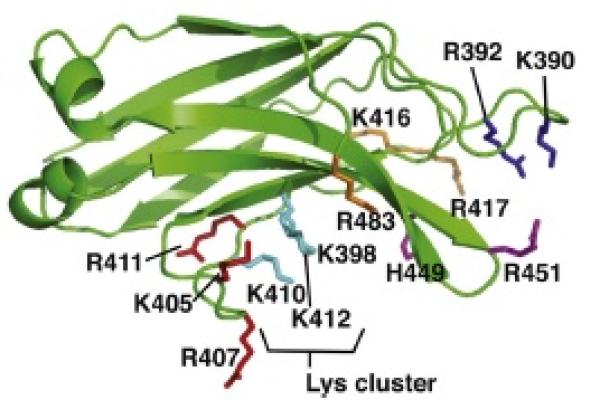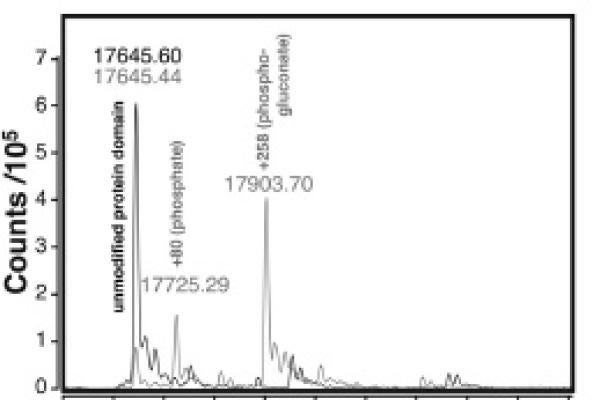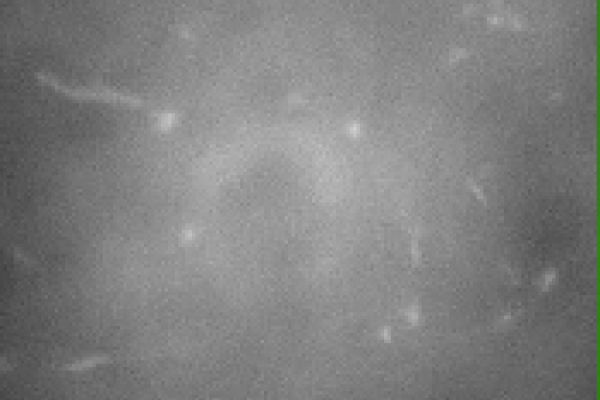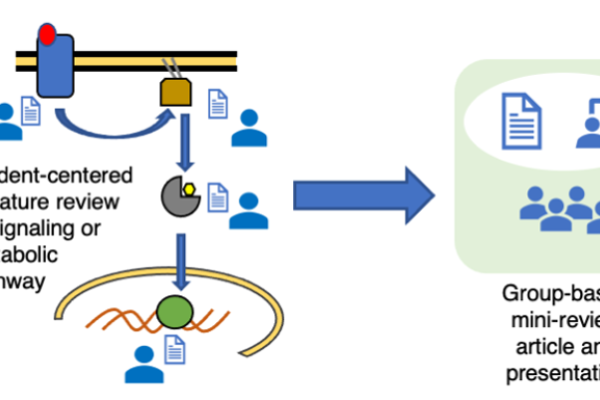Welcome to the Knight Lab at CU Denver!
We are interested in how proteins interact with membranes, especially proteins involved in cellular secretory pathways. Our research includes uncovering how protein-lipid interactions regulate insulin secretion in pancreatic β-cells, and how defects in these interactions may lead to defective insulin secretion and diabetes. We have also published papers developing new methods for studying protein-membrane interactions, and demonstrating best practices for teaching and training undergraduate students in the scientific process.
Living cells contain macromolecular structures and organelles that provide structure and organization for the reactions that take place in them. In eukaryotes, most organelles are surrounded by membranes, including the secretory vesicles in which hormones, neurotransmitters, or other cargo are packaged for exocytosis. A large number of different proteins, including synaptotagmin-like proteins (Slp), control how secretory vesicles are trafficked from the trans-Golgi apparatus to the plasma membrane for secretion. Other proteins including synaptotagmins (Syt) control the fusion of the secretory vesicle membrane with the plasma membrane, a process which in many cell types is triggered by the influx of Ca2+ ions into the cytoplasm. However, the mechanism of Ca2+-triggered exocytotic membrane fusion is still not fully understood. The Knight lab is contributing to this effort by probing the biochemical and biophysical mechanisms of important proteins (including Syts and Slps) that interact reversibly with membranes as part of the secretory process. A better understanding of these protein-membrane interactions will yield insight not only into the fundamental biological process of regulated exocytosis, but possibly also diabetes and other secretory pathway disorders.


